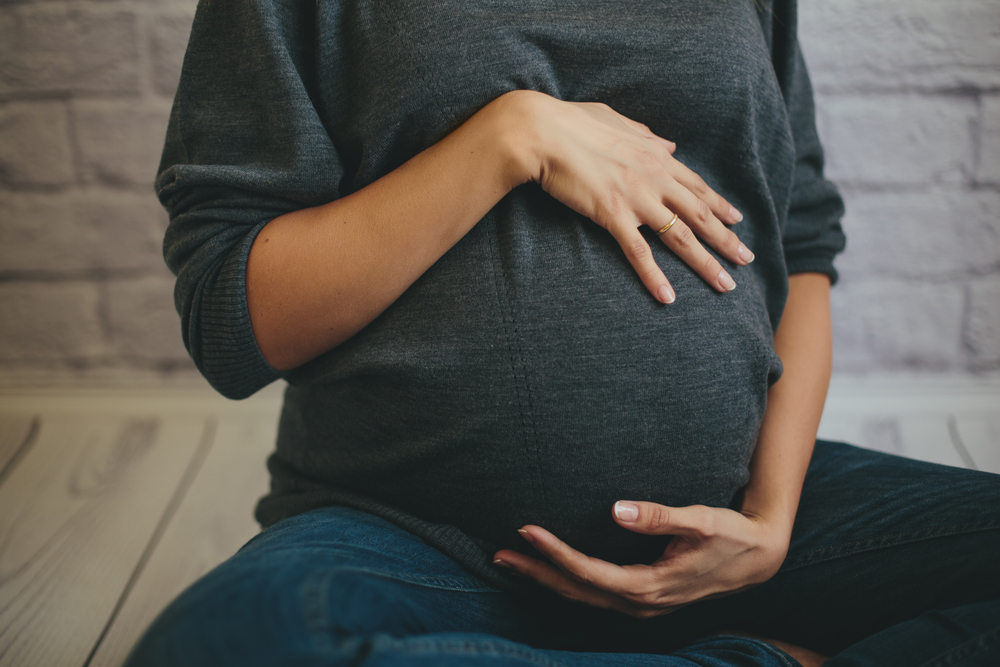Issues with fertility are more common than you might think, and it is estimated that around 1 in 7 heterosexual couples in Britain struggle to conceive naturally. Roughly 30% of infertility cases are attributed solely to female factors, so we have put together the following information about a few female conditions that can affect fertility.
Polycystic Ovary Syndrome (PCOS)
PCOS is a common condition that essentially affects how a woman’s ovaries work. Around 1 in 10 women suffer with PCOS. Polycystic ovaries contain a large number of harmless follicles. Follicles are small sacs that contain an immature egg, but when a woman has PCOS these sacs are often unable to produce a mature egg because the normal monthly cycle is disrupted by a hormonal imbalance. This means that ovulation doesn’t occur. The exact cause of PCOS is unknown, but the hormonal imbalance can often run in families (male as well as female!).
Below are some of the symptoms of PCOS, but please bear in mind that symptoms are not always present. Speak to your GP if you think you might be suffering with this condition:
- Irregular periods/no periods
- Inability to conceive naturally
- High levels of “male” hormones, which may cause excessive facial or body hair
- Weight gain
- Thinning hair/hair loss from the head
With treatment, lots of women with PCOS are able to get pregnant. The treatment involves a short course of tablets but if these are not successful, you may be offered injections or IVF treatment.
Ovarian Cysts
There are several types of ovarian cysts, and larger ones can be carefully removed via surgery. Smaller cysts often resolve on their own, and unless they are hindering ovarian function, they are often harmless. Sometimes, cysts can become infected which may lead to scarring in the fallopian tubes which could then cause infertility, but this is rare. Here are some of the symptoms of ovarian cysts to look out for:
- Pelvic pain
- Heavy/irregular periods
- Bloating
- Pain during sex
- Difficulty emptying your bowels
- Frequent need to urinate
Fibroids
Fibroids are a non-cancerous growth within the uterus. Roughly a quarter of all women will have fibroids at some point in their lives but only around 30% of these women will experience symptoms. Fibroids are often harmless and go undetected, however, they can sometimes prevent fertilised eggs from attaching to the lining of the womb, or prevent sperm reaching the egg, but this is rare.
Fibroids should be assessed by a procedure such as an Aquascan (saline sonography) although sometimes, for larger or differently located incidences, a more invasive procedure such as a laparoscopy is required. Their impact on the cavity must be determined and appropriate procedures include ignoring them, treating them with medication or surgically removing them. If they are small and on the outside of the uterus they may have no impact on fertility and can be ignored. Likewise if they are positioned mid-wall of the uterus. Located inside the uterus, they often have to be removed.
Here are some of the symptoms that occur as the result of fibroids:
- Heavy periods
- Periods that last a long time
- Pelvic pain
- Constipation
- Frequent urination or difficulty emptying the bladder
Endometriosis
The lining of the womb is called the endometrium, which is where endometriosis takes its name. The endometrium forms the uterine lining which is shed each month and then completely regrows. In the event of a pregnancy, the embryo will implant itself in this uterine lining. Endometriosis is when tissue, similar to the uterine lining, starts to grow in other places, like the ovaries or the fallopian tubes.
This condition can affect women of any age and is a long-term issue. Some women with endometriosis are badly affected with heavy periods, severe period pain, pain during/after sex, pain when using the toilet during your period, and even difficulty getting pregnant. However, some women may not have any noticeable symptoms.
The chance of becoming pregnant decreases by approximately 10-30% in women with endometriosis, but if the case is mild, your fertility may not be affected. Surgery to remove the tissue can help improve your chances of becoming pregnant, but this cannot be guaranteed.
If you have been trying to conceive a baby naturally for a long time without success, or if you suspect you have any of the above conditions, you may want to consider booking a consultation with a fertility specialist such as ourselves.

